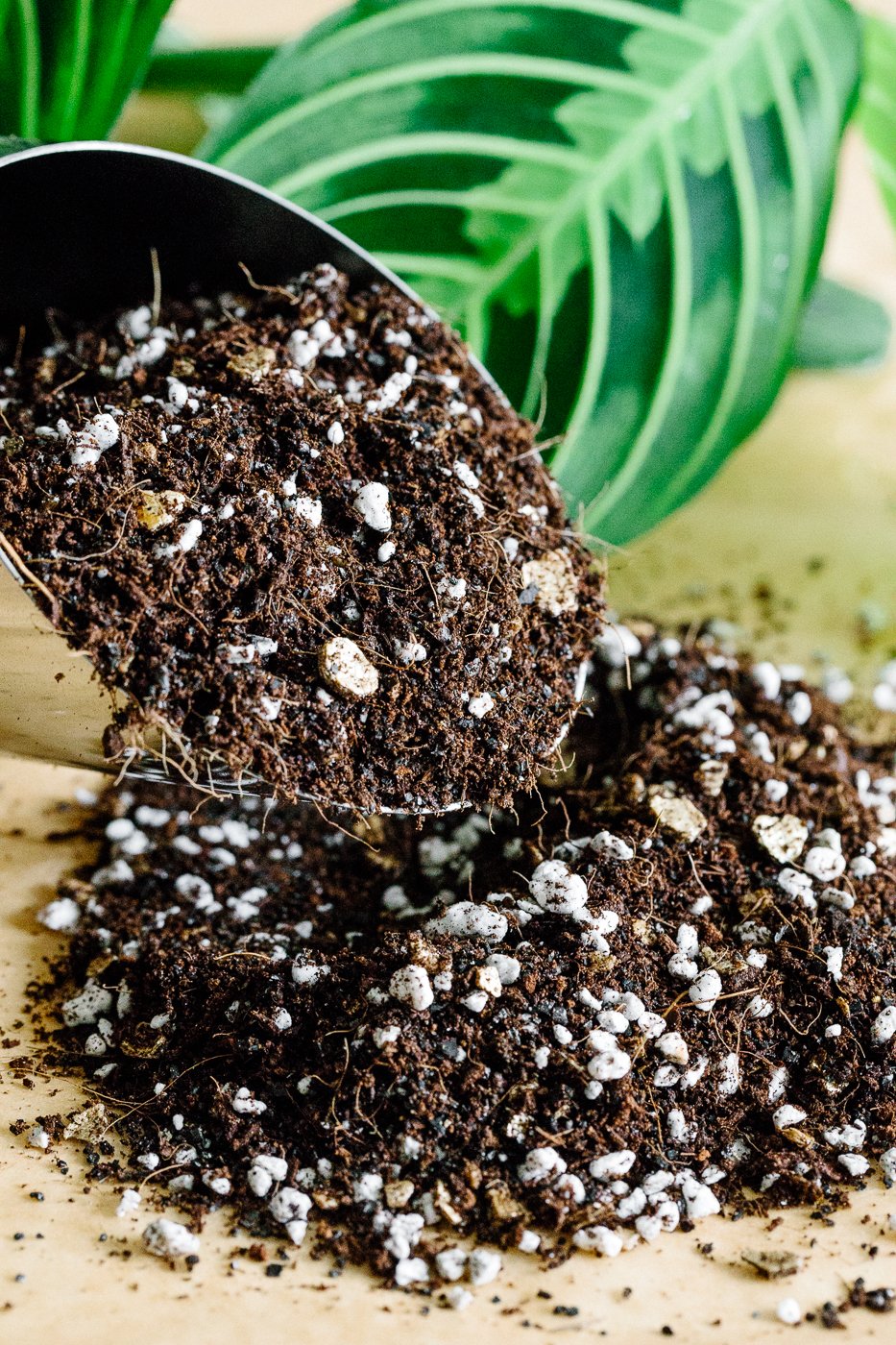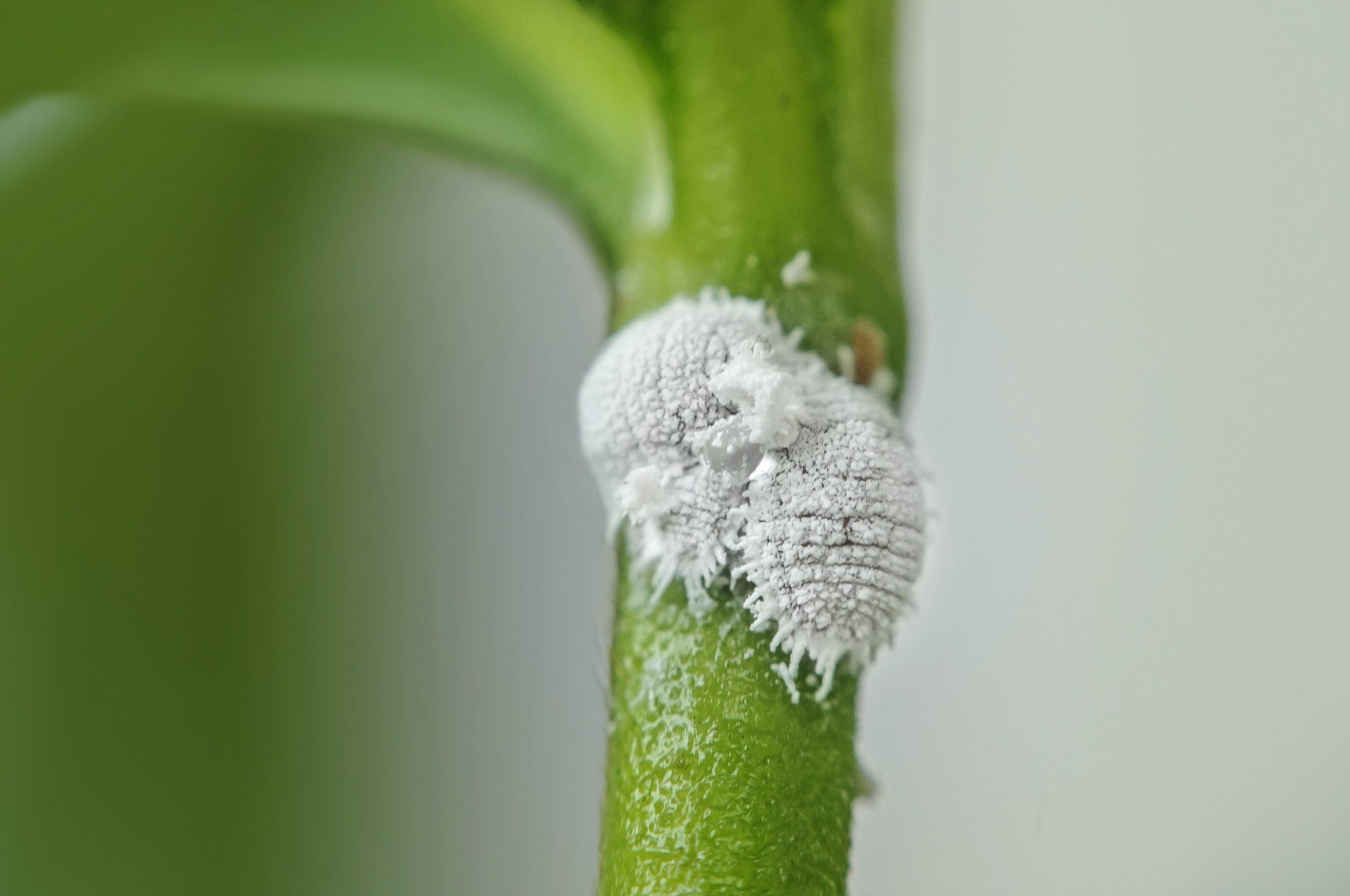For an industry grounded in the natural world, there is a lot about keeping houseplants that is not good for our environment….peat in compost, plastic pots, air miles in plant transport to name just a few.
Here are 6 small changes that we can all make to be a more sustainable plant parent.
Repot with peat-free compost.
Soil.Ninja peat-free potting blend
Soil ninja and For Peat’s Sake are our go-to. It is vital that our peat bogs are protected and not used to satisfy or gardening needs. Peat bogs are an essential habitat and eco-system for many plants and animals. The peat grows incredible slowly so harvesting it is highly unsustainable, the act of harvesting also releases a huge amount of carbon dioxide, which is damaging for our atmosphere.
2. Buy UK grown houseplants
UK grown houseplants by Harriet’s Plants
Reduce that carbon footprint by purchasing from UK growers such as Harriets Plants who is also 100% peat free! Propagation on a major scale in her Lichfield glasshouse allows Harriet to sell direct to customers online, and also supply plant shops around the UK.
3. Use rainwater not tap water
Image by Aleksandra Boguslawska Unsplash
If you can, collect rainwater for watering. Maranta, Calathea and Carnivorous plants will especially thank you for it. We would suggest leaving the rainwater inside to reach room temperature before using it on your plants, this will avoid the plant being shocked by cold water.
4. Reuse plastic pots
Keep a clean stash of used plastic pots for when you need to repot. Lots of plant shops will have used spares that they are very happy for you to take for free, so you will never need to buy new nursery plant pots when you are re-potting or pot-on propagated plants.
5. Use natural feeds
We love Jungle Feed to give our plants an extra nutrient boost. It’s all natural, made from insect droppings and comes in recycled and recyclable packaging. See our reel for how to use it. You can purchase from Pangeahome.co.uk and from great indie shops such as Mint plants, Holly Grows and Grow Urban.
6. Use biological pest control
Mealy bugs and many common pests can be treated using natural predators
If your plants are plagued with pests, try out some biological controls (natural predators) rather than using chemicals. See our common pests blog for suggested nematodes. We can recommend Ladybird Plant Care to purchase from. The natural predators will feed on the pests very effectively without you having to use any chemicals.
We’d love to know how you get on in your more sustainable plant parenthood! Please do comment below or send us a message on Instagram.






